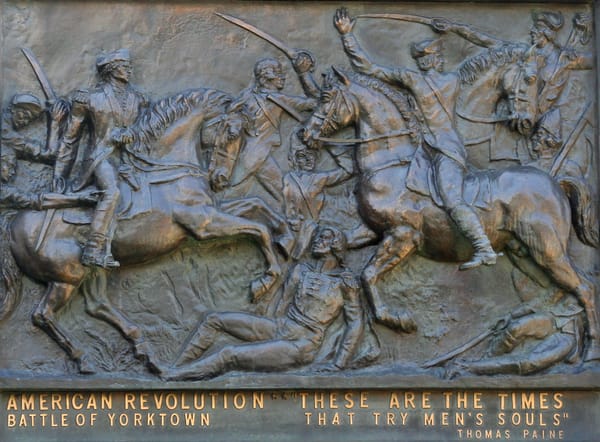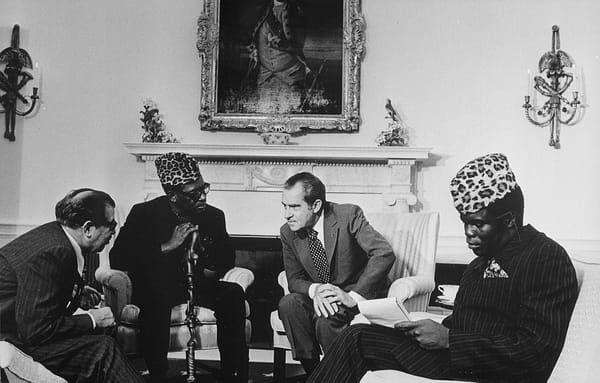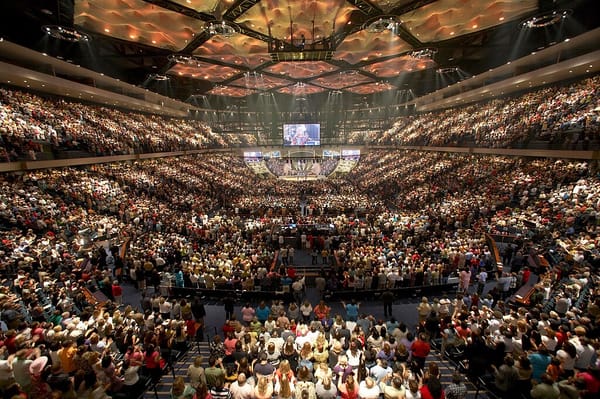How the Homeless Continue to Be Forgotten in the Midst of the COVID-19 Pandemic

The homeless population of America carries with it undue burdens unique among wealthy nations. While Canadian researchers have recently experimented with new methods of welfare for their own homeless population, America has done its best to ignore the ever growing issue across the nation. During the current COVID-19 pandemic however, the drastic circumstances of this population have increased exponentially while few additional innovations have been made towards ending the circumstance altogether. In Los Angeles for example, in just this year alone thus far, nearly 1000 homeless deaths have been reported, which is on pace to top the high seen last year before the pandemic enveloped America. The rate, while not exclusively from COVID-19, simply helps to paint a broader portrait of exactly what’s happening in the nation as everyone, even those in the peripheries of society, struggles to survive and overcome the effects of this pandemic.
Of the many disproportionate burdens, of which the homeless suffer most earnestly and severely, this plague is likely the most fearsome, arbitrary and malevolent of burdens to overcome. A city like Los Angeles is far from being alone however, and while many would like to find blame in cities or even individuals, it is a bit more complicated than those simple declarations or proclamations. Communities across the nation are feeling these strains as their homeless population grows, is sickened, and become increasingly more vulnerable to the economic hardships related to this plague, combined with those populations susceptibilities to getting sick, transmitting, and ultimately dying from COVID-19 or related illness. What we can find commonly between all of these areas, is a lack of infrastructure for dealing as well as rehabilitating people who have fallen upon hard times, or perhaps have extenuating mental or physical conditions, back into functional society.
But without the proper leadership and coordination of resources and tactics however, there is little hope that states alone will be able to handle the circumstance of illness and homelessness for very long, before either practically falling to pieces or becoming non-viable economically; contra Mitch McConnell, there is no bankruptcy process for state governments.
It does not have to be this way. There are many thousands of unused homes and apartments within buildings, of which could serve as domicile for these people. There is running water underneath the ground in every town and city in the nation, meaning that public sanitation in the form of restrooms, showers and drinkable water, could and should be accessible to those living in houses, apartments, or regrettably, even on the streets. America as a nation, produces more food than it eats and wastes at least forty percent of used food as well. It is inexcusable to suggest that any should go without, with such a nation cooperating and functioning properly within the world; this is a common pattern as may be apparent. Excess of everything and yet, suffering all the same, because of ineffectual application of our resources, both material and human.
It is easy to think of incentive based domestic programs to combat problems of homelessness and the “freeloader” perception attached to assisting them. Examples of cooperative efforts can be seen in certain parts of the country already, as well as cities in nations like The Netherlands and Germany, but in America, the effort must be greater still, and the focus upon it must come from the very top of government as well as locally. Community programs that clean the streets, paint, teach work skills, plant and water flowers and trees, while committing other positive innovations all come to mind quickly, but while these satiate the needs of those who believe that nothing should come as perceivably, “free”, it leaves bare an ugly sore upon the American culture and mindset; do people not deserve these basic needs of food, shelter, health, education or financial peace of mind?
Of course they do, for as the famous architect of the English National Health Service (NHS), Nye Bevan once said, “No Society can legitimately call itself civilised if a sick person is denied medical aid because of lack of means”. This does not only ring true in the UK, but everywhere; not only true regarding health, but the other basic necessities of human beings. For if it were one of us on the street, struggling, would not we wish and hope for the compassion and empathy of our society, of our nation? It is the same nation that is willing to pay tremendous sums in order to send our family members to join its war machine and fund foreign military adventures for decades on end, yet it cannot be bothered to nurture our poorest and our frailest?
They are human beings, mothers, fathers, brothers and sisters, all with stories that could ring true in the lives of each one of us. Many will have need for mental and physical evaluations and treatment from medical professionals, and would greatly benefit from having the means by which to get off of the street and into a non-coercive, positive environment, in which they can have access to resources and possibilities by which they can live more fulfilling, functional existences. It is a travesty to ignore these men and women in their plights, to lack the empathy to feel their lives as just degrees separated from our own. And as this global plague continues to devastate communities across this nation in particular, not exclusively in Blue States or Cities as Mr. Kushner so outrageously dreamed and celebrated, it is more important than ever to imagine just how we can work together to ensure that everyone in the society is able to contribute and operate.
The current President has shown no interest in helping anyone, but the President-Elect has at least talked the talk so far. When Joe Biden talks about “Building Back Better,” he would do best to remember even those souls who have never been a part of the plan whatsoever. Most of America needs help to put it plainly, with half having expected to live paycheck-to-paycheck before the outbreak of COVID-19, the nation is currently unsustainable without additional assistance. But for those who fall in and through the cracks, the future will truly be a matter of life and death; more neglect and insane schemes, like those of which we have witnessed under the Trump administration, could doom the homeless population in absolutely breathtaking proportions. To avoid this end, the homeless must be valued as beings worth saving, before being aided and rehabilitated within their communities; it is only then, when they are with those basic needs of which are rights in a civilized society, that we can ask them to participate within society to cooperative, economic ends. For how can America ultimately build back at all, without the hands of each American, rich and poor, contributing intimately to the cause?
Featured Image is Homeless Jesus by Timothy Schmalz




